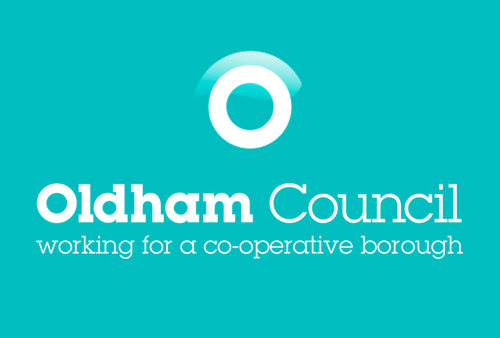We have a long history of work in the social policy field. Our expertise stems from an understanding of, and in-depth research into, the ways in which different aspects of deprivation (e.g. health, employment status, living environments, education and skills levels, family breakdown, crime and so on) can impact upon and reinforce one another at both individual and community / area levels. This understanding has grown in part from wide-ranging evaluations of measures that have attempted to tackle deprivation. These have been undertaken at both national (e.g. the National Evaluation of the Neighborhood Renewal Strategy for DCLG) and local levels. In addition, we have a long and successful track record of work – for example, with local partnerships, third sector organisations and local authorities – in the design and development of responses to social and economic exclusion.
We have also been instrumental in developing innovative modelling techniques to examine the way in which different factors, trends and characteristics interact. This has included work on the extent to which area ‘typologies’ or characteristics play a key role in determining the effectiveness of policy interventions (e.g. the Manchester Independent Economic Review). This modelling has been applied in a number of settings to identify the costs and benefits associated with public sector interventions to address area based deprivation.
As government policy has evolved, we have applied this expertise and learning to the development and evaluation of new approaches to the delivery of services designed to tackle deprivation in a more integrated and ‘joined up’ manner (e.g. troubled families, health and work interventions, and integrated health and social care). Similarly, we have developed models to capture/measure the social impacts (which include impacts for the economy and the environment) and benefits that can be attributed to particular interventions.


